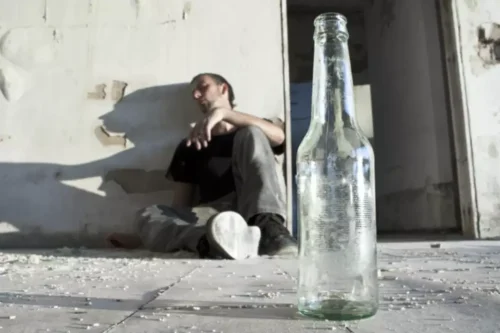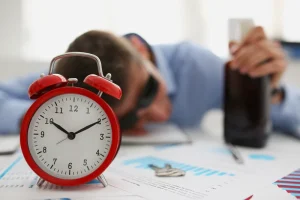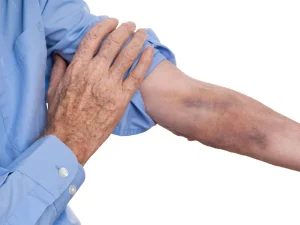AA isn’t explicitly religious, but it did grow out of a Christian organization called The Oxford Group. Soberocity’s community platform helps people find others who are getting sober without aa interested in the same activities and discover fun ways to socialize without alcohol. Hello Sunday Morning is based in Sydney, Australia, and available worldwide.

Getting Sober Without AA: My Focus For the First Few Years of Recovery
With so many options, it’s always a good idea to talk to professionals. They can help you decide what treatment methods are right for you. Search our rehab directory to find the nearest treatment center to you. What most people don’t know is that there are a lot of alternatives to AA.
- Seeking professional help can prevent relapse—behavioral therapies can help people develop skills to avoid and overcome triggers, such as stress, that might lead to drinking.
- Others feel recovery is a private experience, and don’t want to share their struggles with people they don’t know.
- Numerous other support groups, including SMART Recovery groups, LifeRing groups and SOS Alcoholism Program.
- At a glance, these messages make sense, but in reality, they are not practical.
- Has helped millions recover from alcoholism – to get sober and stay sober.
Developing Healthy Coping Mechanisms
- If PAWS is severe or if you’re experiencing prolonged symptoms, a medical professional can help you work through them and remain in recovery without relapse.
- During inpatient addiction treatment, you might have gone through detox and learned about co-occurring mental health issues related to alcohol and substance use disorders.
- These programs offer support and encouragement for people who may wish for a different motivation or foundation than one based on spirituality and relinquishing control.
- We understand the challenges of this stage of life, and our program is specifically built to serve the mid-life adult in a meaningful and individualized way.
Socializing without alcohol can be just as fun and exciting as drinking with friends, if not more so. With a few handy tips, you can fully enjoy socializing without feeling like you’re missing out on the fun. Each social event can become an opportunity to strengthen connections and create memorable experiences, no alcohol necessary. You may also experience what is commonly called sobriety fatigue, which refers to the overall exhaustion that may occur as a result of the emotional and physical stress of staying sober. So, it’s extra helpful to have a support network available to you when you need it. A mental health professional can help you cope with some of the challenges you’ll face on your path to sobriety.

Understanding Employee Assistance Programs (EAPs): A Path to Recovery for Alcohol Misuse

For many people with a substance use disorder, it’s simply a matter of never having learned the appropriate way to manage anger. Talk to your therapist, other healthcare provider, or sponsor about how to deal with your anger in ways that won’t cause you to harm yourself or others or turn to alcohol or drugs. If you find it difficult to make new, sober friends, try joining a support group.
- This lifestyle can offer new experiences and a fresh perspective on social interactions, including the discovery that it’s definitely possible to have fun without drinking.
- Relapse prevention and long-term sobriety can include many different things.
- Learn that you have choices and that you can maintain control.
Educate yourself about the long-term physical and psychological effects of substance use disorder. By becoming well-informed about the risks involved, you reinforce your commitment to quit using, gain the power to resist temptations and stay on course. Many people in recovery find a lot of free time and need to fill it with healthy and fulfilling pursuits.
SOS (Secular Organizations for Sobriety)
Signs of an Alcohol Problem
Avoid Old Routines and Habits

